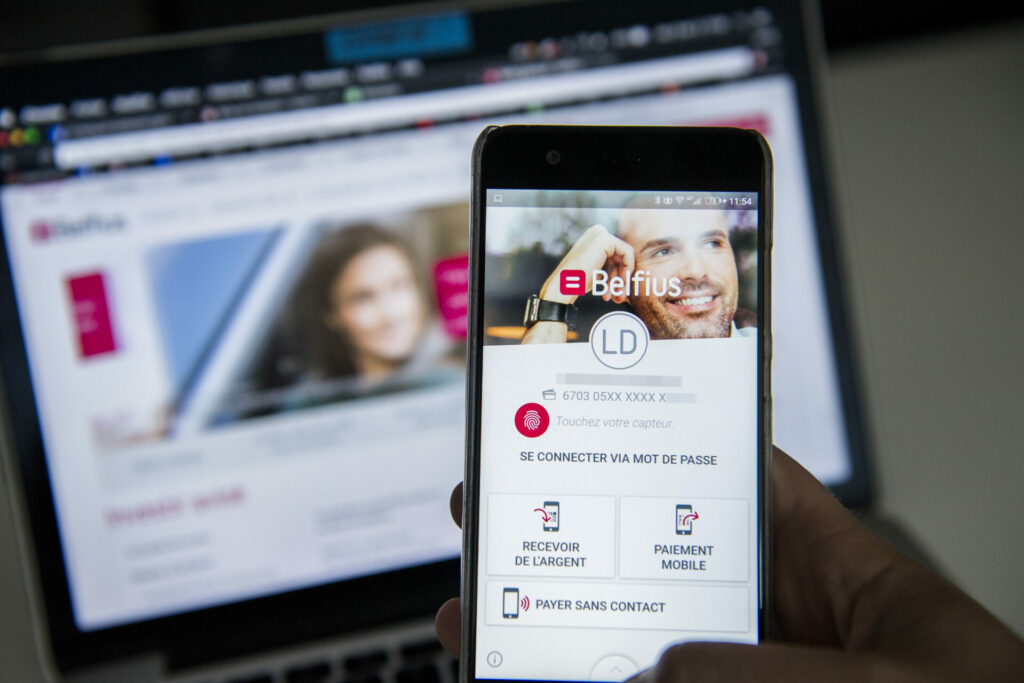The payment behaviour of Belgians has changed, resulting in more and more people flouting the due date for the payments of bills, and doing so more often.
Three out of ten Belgians do not mind paying a bill late, the European Consumer Payment Report published on Wednesday showed. The report, based on a survey of more than 20,000 consumers across Europe, was conducted by the Swedish company Intrum.
Issues that have largely contributed to this change in the norm are the significant rise in inflation and high-interest rates, as well as a new law on debt collection which better protects the person who owes money.
"Since the Covid-19 pandemic, something has fundamentally changed in payment behaviour and consumer thinking," said Intrum Benelux Managing Director Guy Colpaert.
"We must ensure that Belgians do not become dependent on the infusions provided by the authorities and companies since the start of the health crisis. It is essential that companies are aware of this trend and take proactive measures to protect their financial situation, without damaging customer relations."
Protecting consumer
On 1 September this year, a series of additional measures came into force to better protect consumers from the debt industry, as those with a small outstanding debt can quickly see it escalate to a large amount, in some cases leading to financial disasters.
Now, a first reminder for an invoice will be free of charge, and must also mention whether there could be additional costs for late payment. Consumers must be given at least 14 days without being charged any additional costs. There is also a cap on additional charges for late payments.
This has likely also influenced attitudes towards late payments, as the report reveals that 32% of Belgians do not expect companies to take any action against them if they are late with a payment. Colpaert warned that the first reminder being free could "further widen the payment gap, putting businesses that rely on one-off payments at risk".
Despite the law change in Belgium, this trend manifests itself across Europe: more than a third of consumers (35%) say they have skipped at least one bill payment in the past 12 months – the highest proportion since 2019. In some parts of Europe, the figure is even higher: in northern Europe, 46% have skipped a bill. Many of the Scandinavian countries exhibit a pronounced debt-to-income ratio, which could explain the gap.
With little prospect of consumers’ fortunes improving in the near term, almost half (44%) worry that they may have to skip at least one low-priority bill (not linked to housing or energy costs) over the next 12 months.
Related News
- 'A clear challenge': Fiscal watchdog warns Belgian debt is becoming unsustainable
- Cancelling direct debits: What to know to terminate payment plans
In Belgium, for example, 44% of respondents indicated that they have less spending money in a typical month, while only 18% say they have more due to the tighter monetary policy as a result of the skyrocketing inflation earlier this year. This has also seen 16% of respondents in Belgium overspend on a monthly bases, with the average amount they overspend rising to €239.
However, 31% of European consumers say they would feel less guilty today about an unpaid bill than they did a few years ago, highlighting that consumers are not just struggling to pay bills, a growing number don’t even feel an "ethical imperative to settle up," the report noted.

